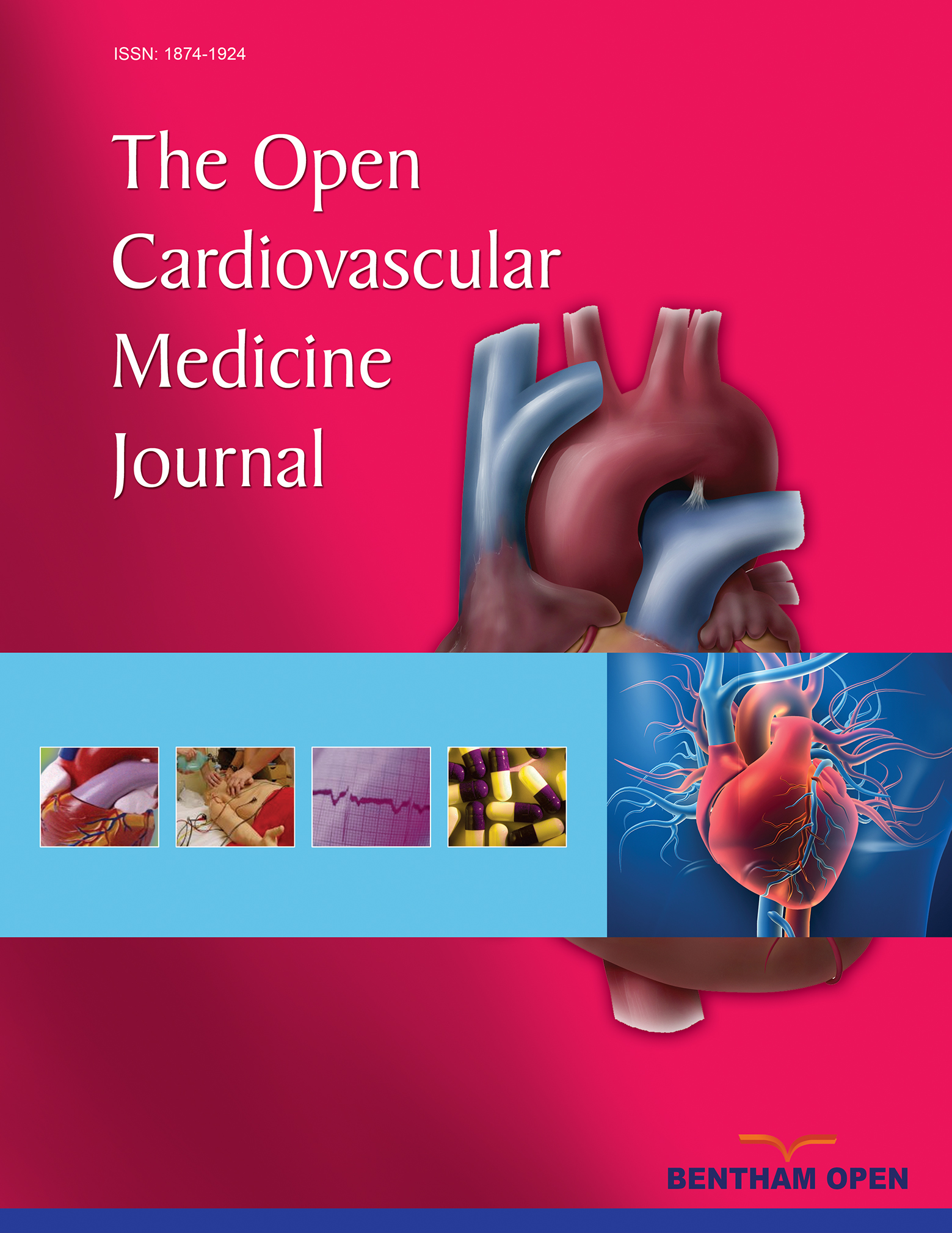All published articles of this journal are available on ScienceDirect.
Actual Role of Platelet Glycoprotein IIb/IIIa Receptor Inhibitors as Adjunctive Pharmacological Therapy to Primary Angioplasty in Acute Myocardial Infarction: In the Light of Recent Randomized Trials and Observational Studies with Bivalirudin
Abstract
Strategies for preventing ischemic complications during percutaneous coronary interventions (PCI) in the setting of acute myocardial infarction (AMI) have focused on the platelet surface-membrane glycoprotein (GP) IIb/IIIa receptor. The platelet GP IIb/IIIa receptor inhibitors, by blocking the final common pathway of platelet aggregation, have become a breakthrough in the management of acute coronary syndromes. Current adjuvant pharmacological therapy of AMI with aspirin, clopidogrel, unfractionated heparin (UH), and platelet GP IIb/IIIa inhibitors provides useful therapeutic benefits. Although the use of more potent antithrombin and antiplatelet agents during PCI in AMI has reduced the rate of ischemic complications, in parallel, the rate of bleeding has increased. Several studies have reported an association between bleeding after PCI and an increase in morbidity and mortality. Therefore, investigational studies have focused in pharmacological agents that would reduce bleeding complications without compromising the rate of major adverse cardiovascular events. Based on the results of several randomized trials, abciximab with UH, aspirin and clopidogrel have become a standard adjunctive therapy with primary PCI for AMI. However, some of the trials were done before the use of stents and the widespread use of thienopyridines. In addition, GP IIb/IIIa inhibitors use have been associated with thrombocytopenia, high rates of bleeding, and the need for transfusions, which increase costs, length of hospital stay, and mortality. On the other hand, in the stent era, bivalirudin, a semi-synthetic direct thrombin inhibitor, has recently been shown to provide similar efficacy with less bleeding compared with unfractionated heparin plus platelet GP IIb/IIIa inhibitors in AMI patients treated with primary PCI. The impressive results of this recent randomized trial and other observational studies make a strong argument for the use of bivalirudin rather than heparin plus GP IIb/IIIa inhibitors for the great majority of patients with AMI treated with primary PCI. However, some controversial results and limitations in the studies with bivalirudin exert some doubts in the future widespread use of this drug.


